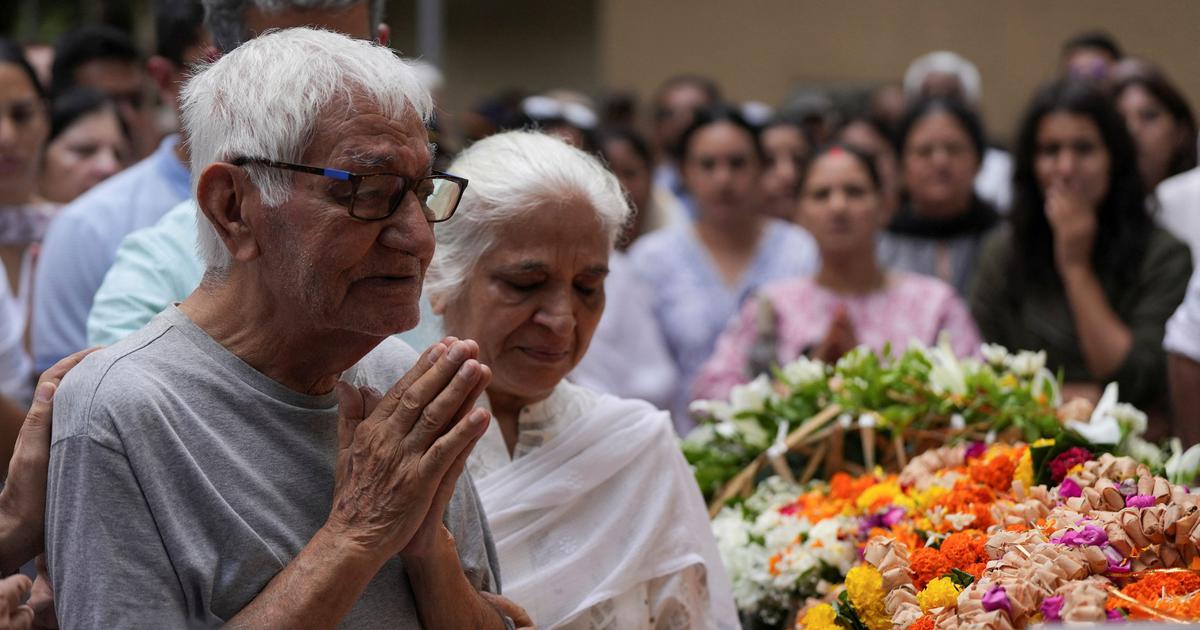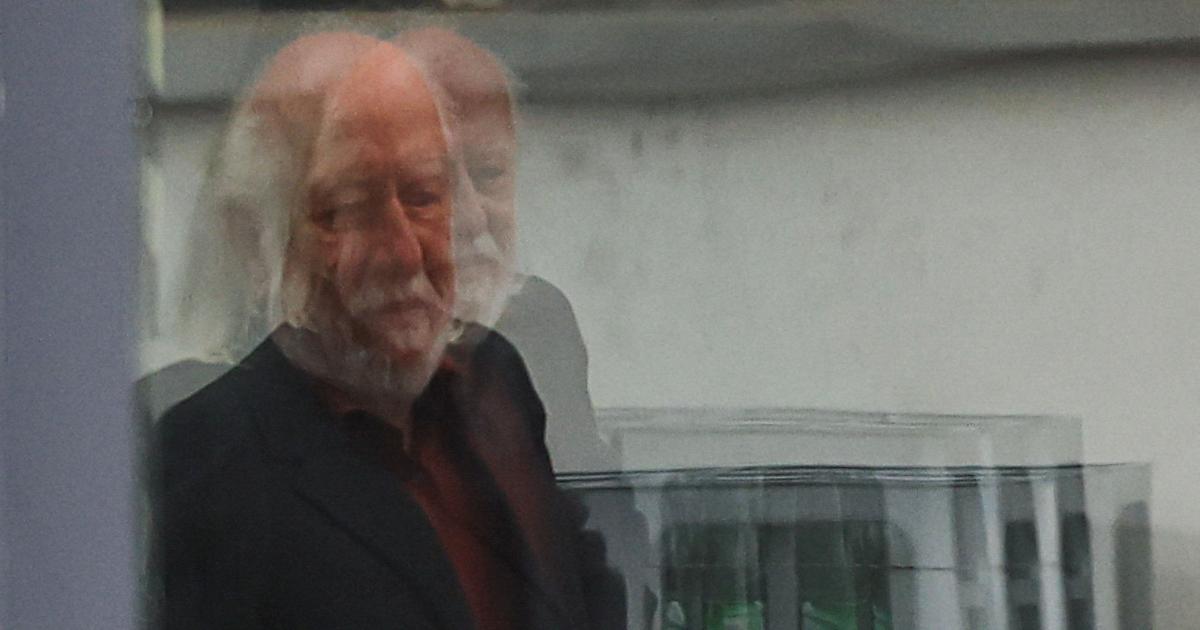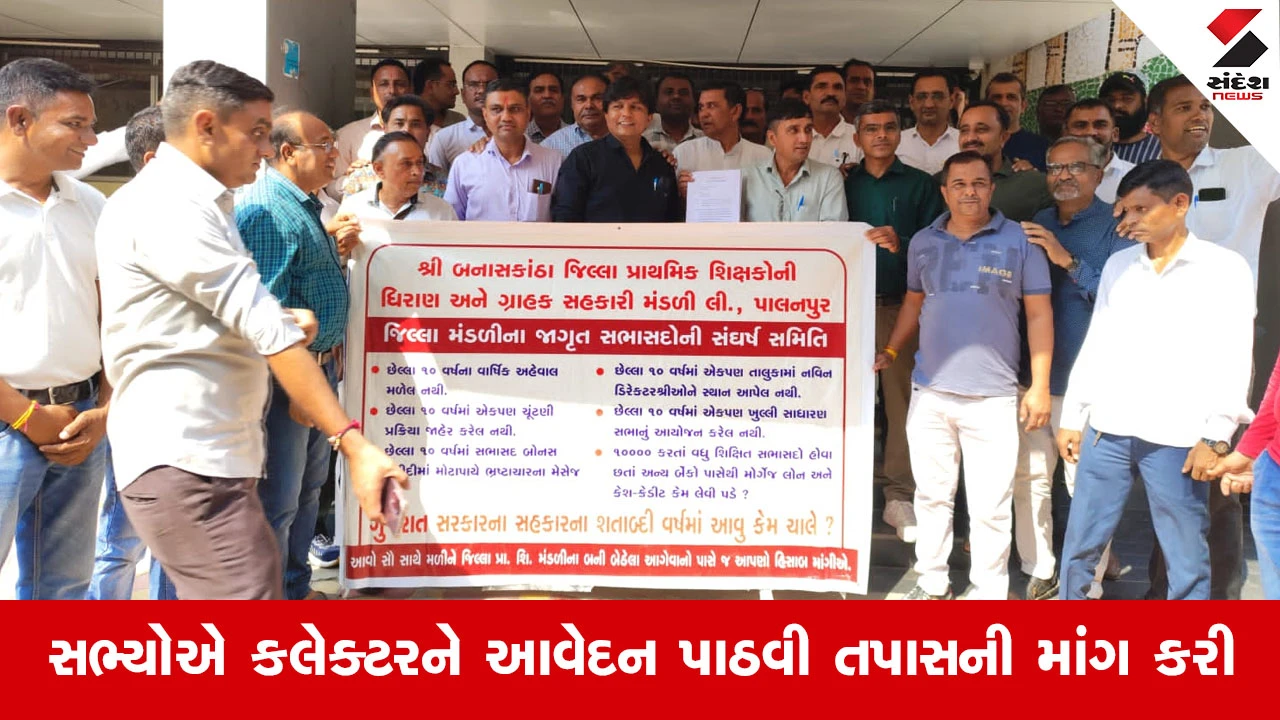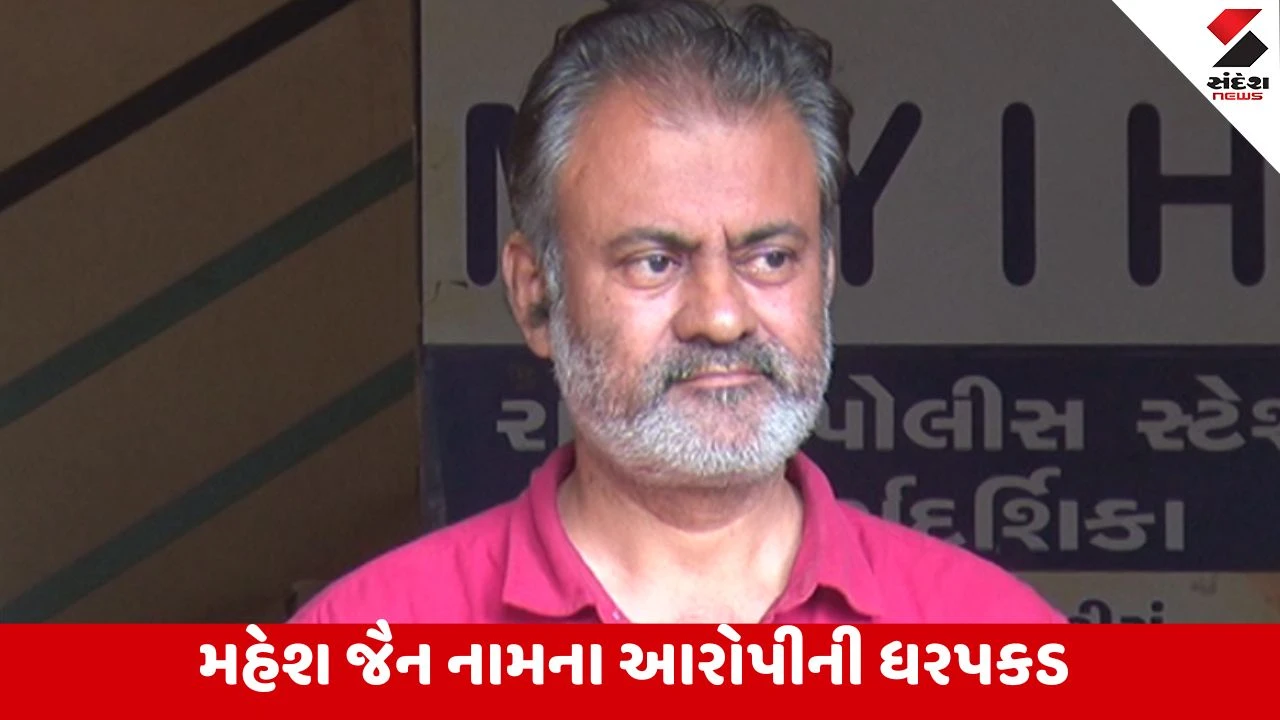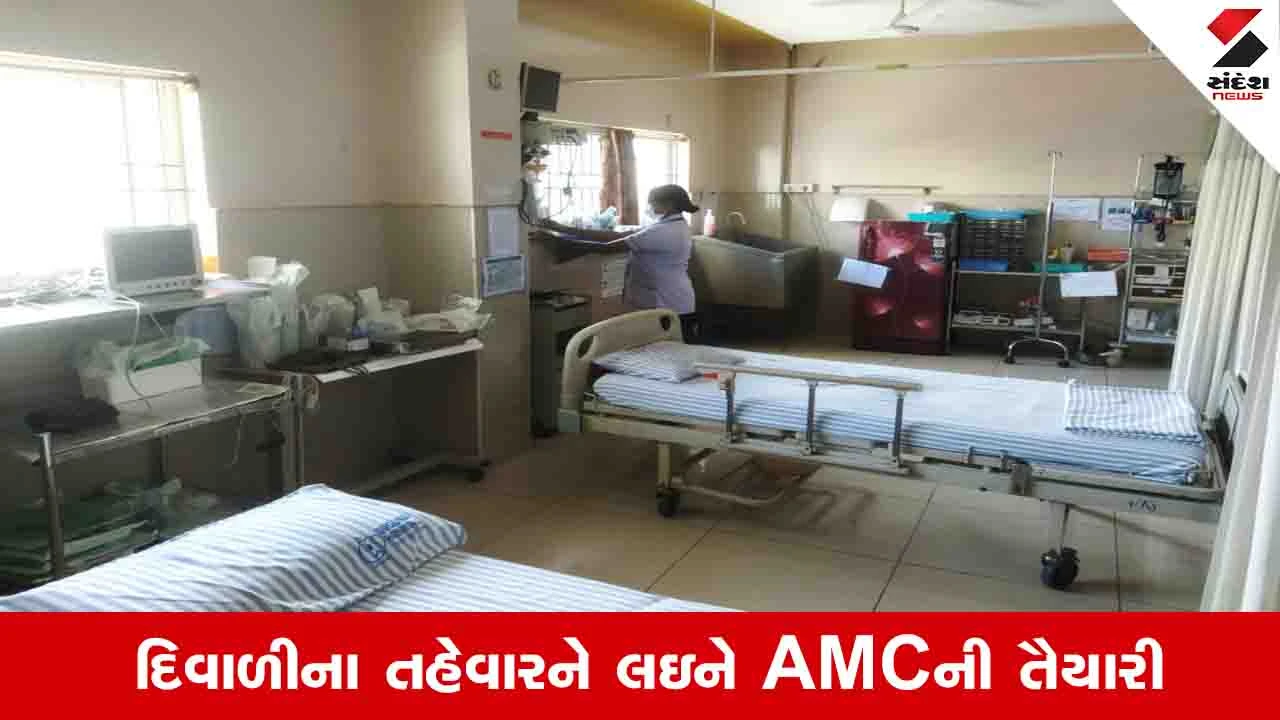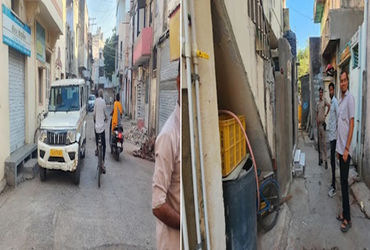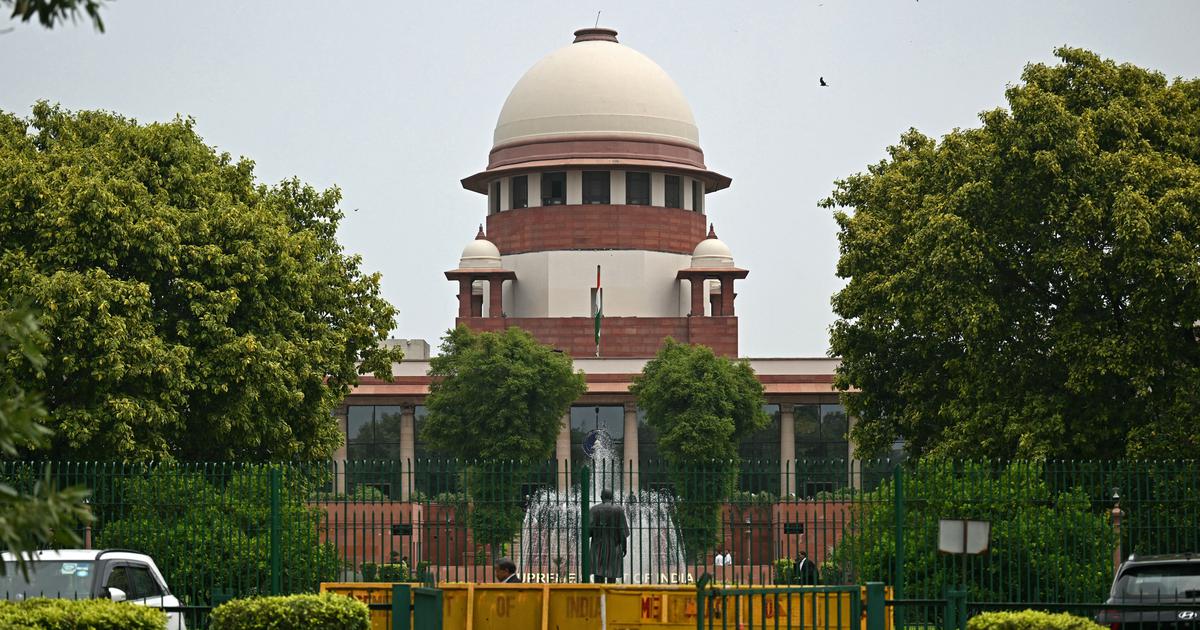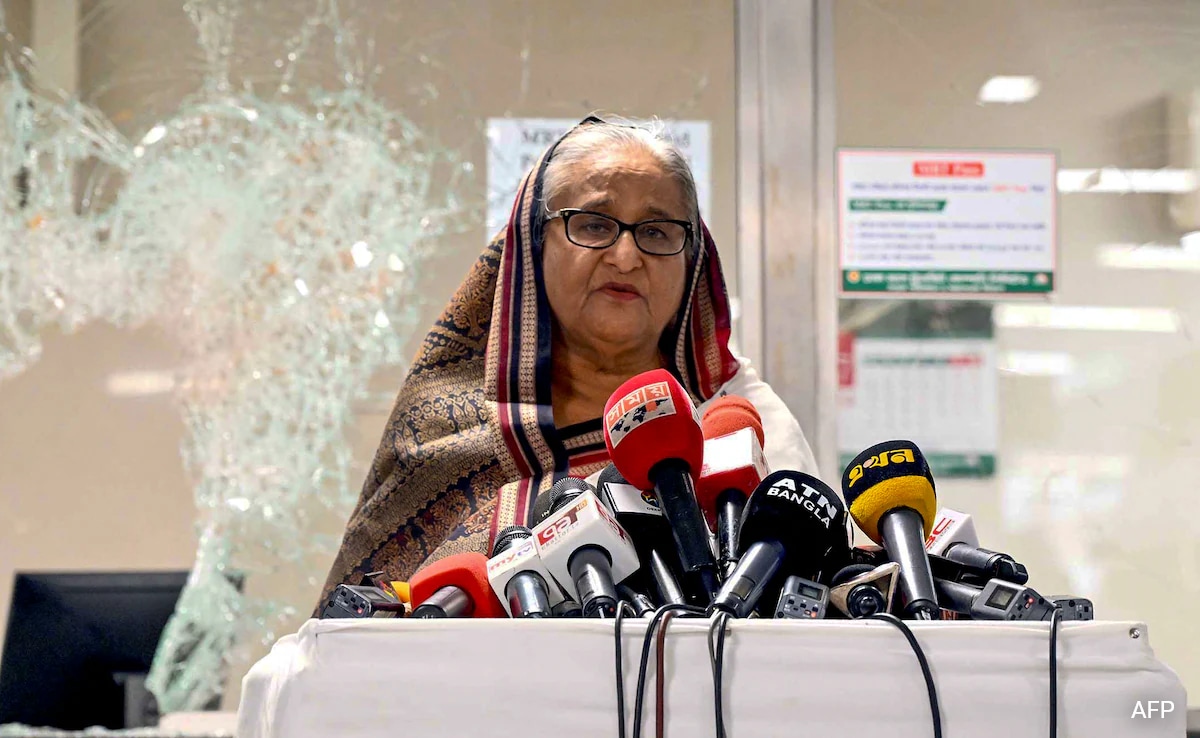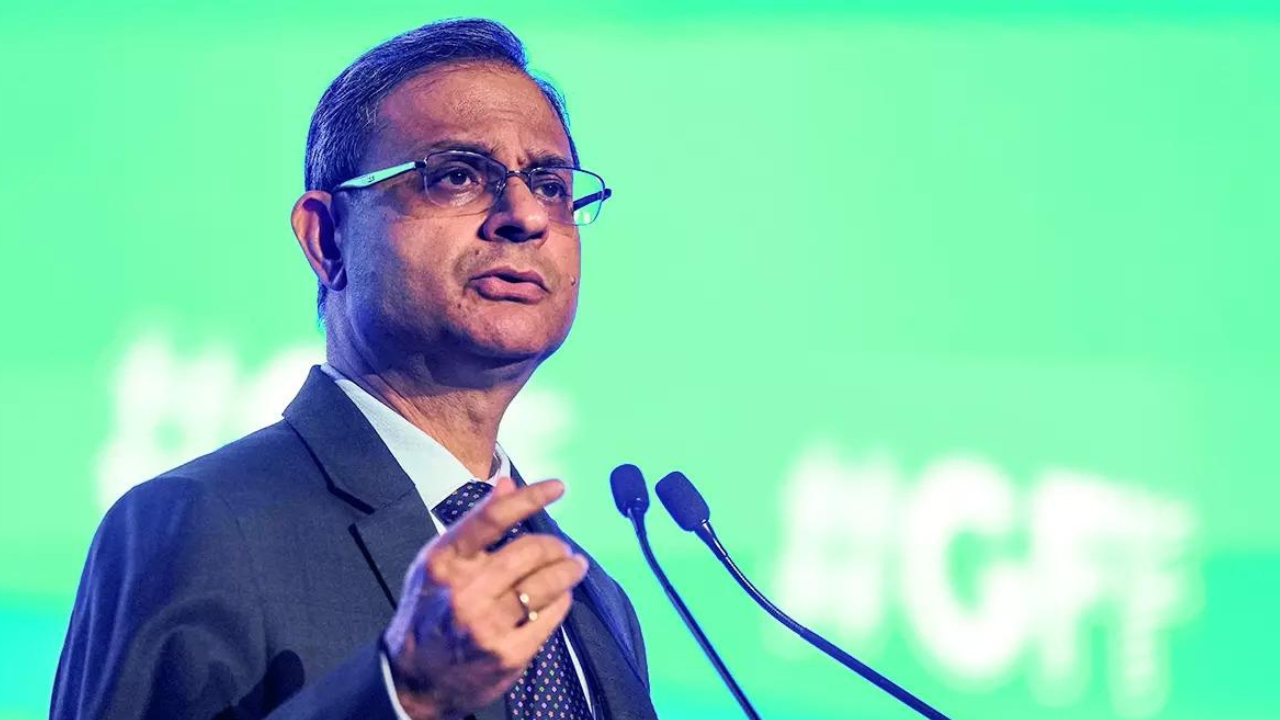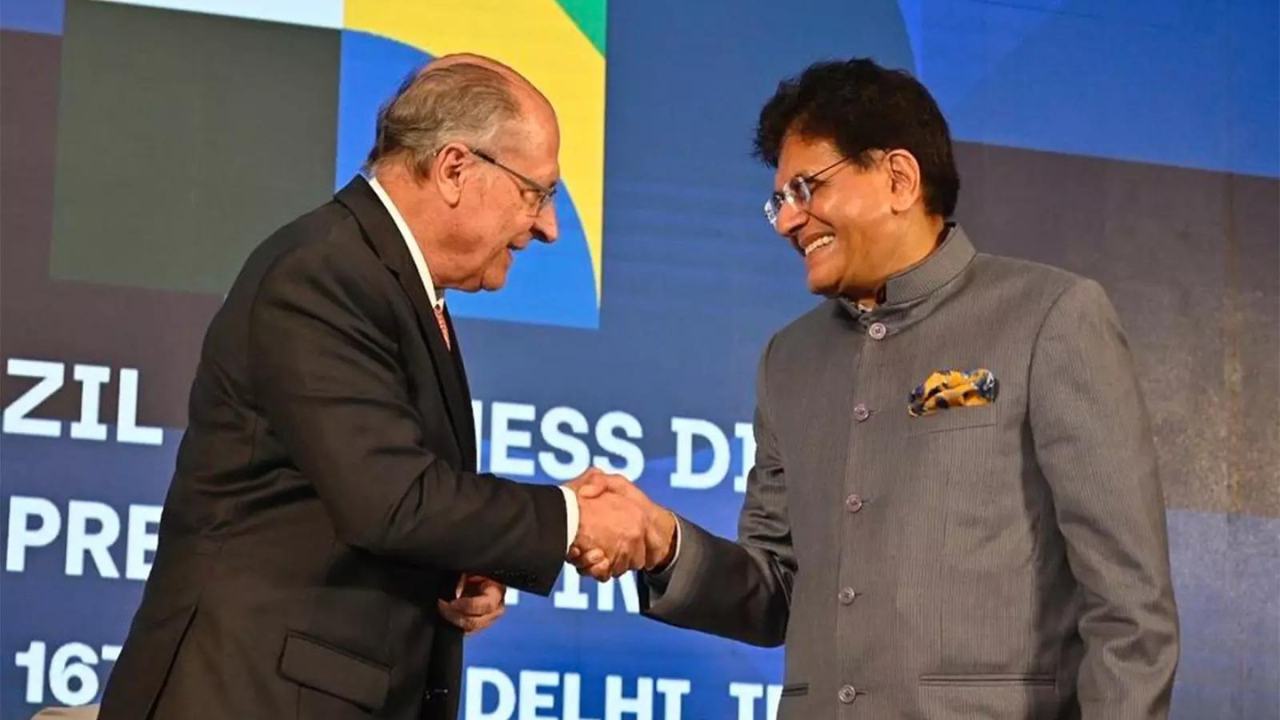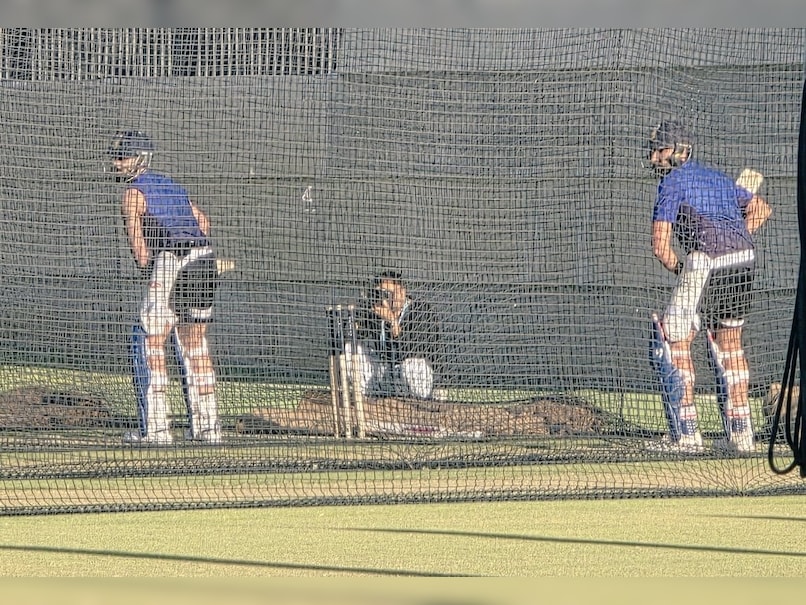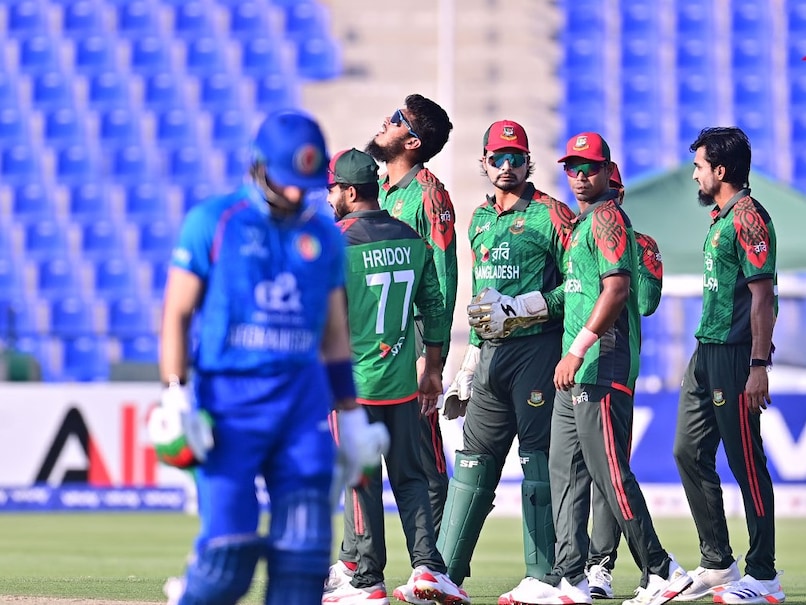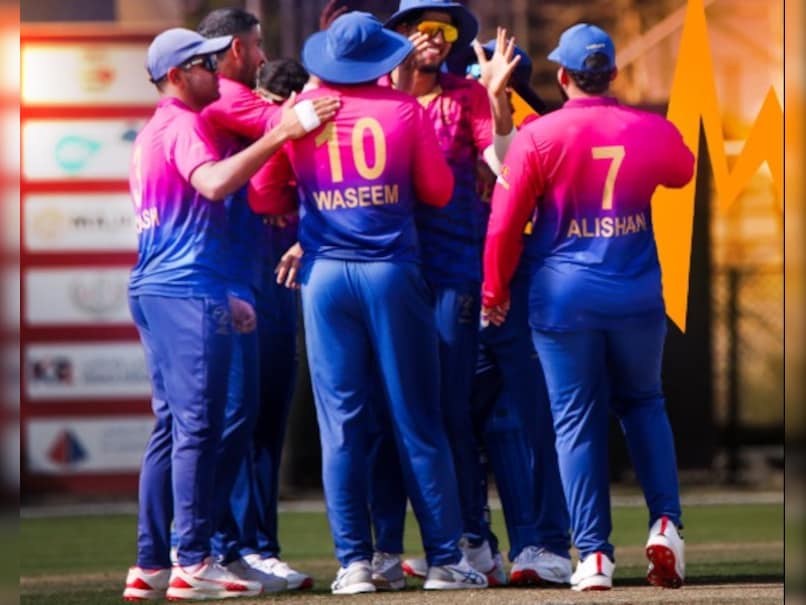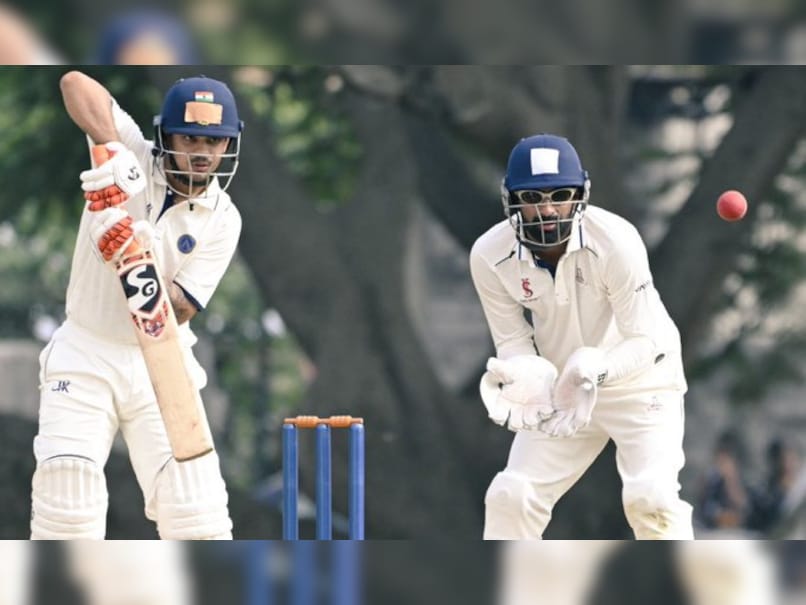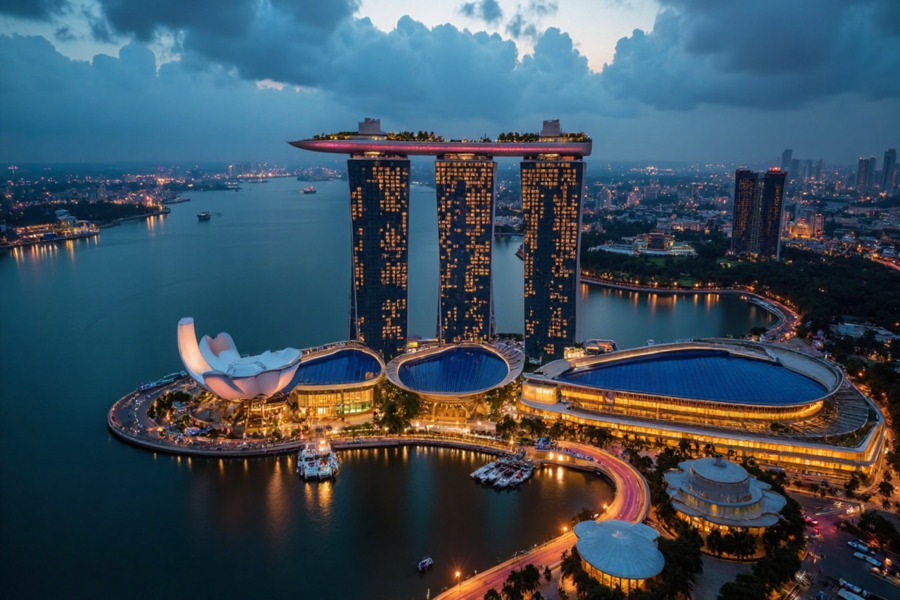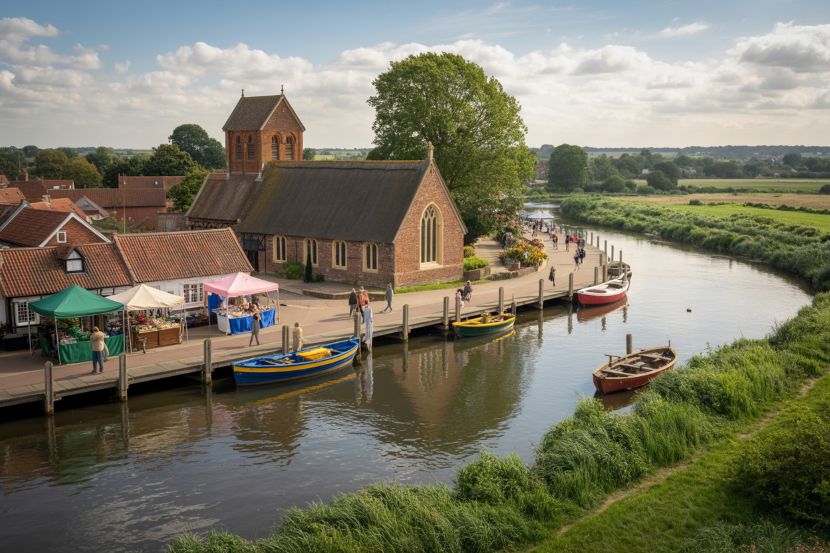A new book details the ways reading rooms in Tamil Nadu have shaped the DMK’s politics
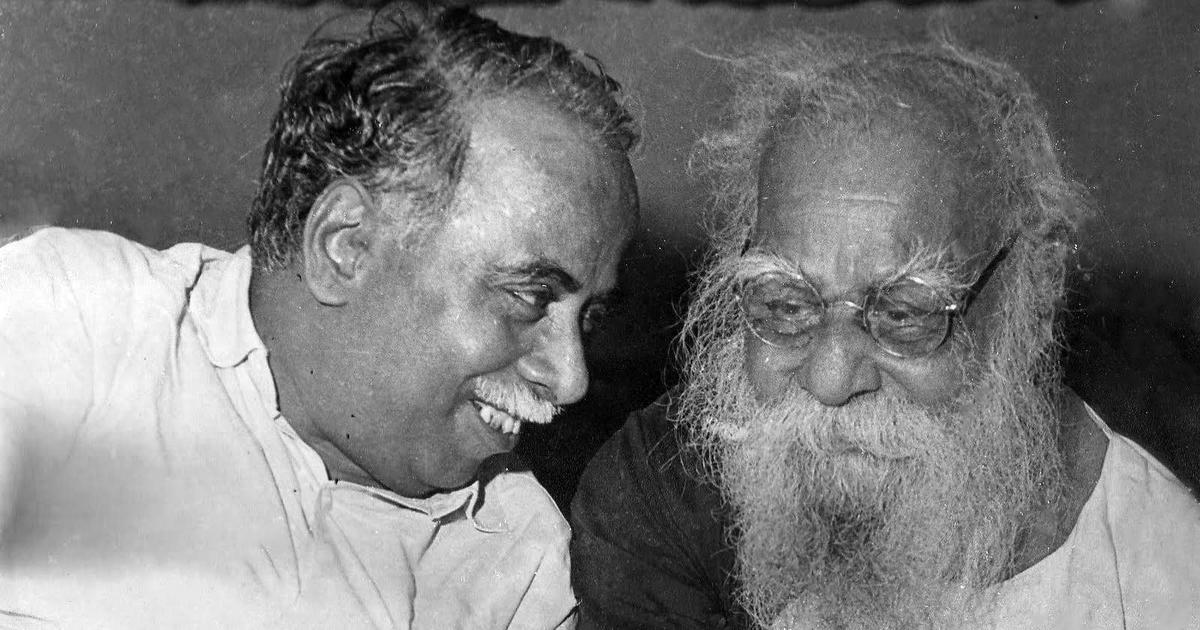
Join our WhatsApp Community to receive travel deals, free stays, and special offers!
- Join Now -
Join our WhatsApp Community to receive travel deals, free stays, and special offers!
- Join Now -

Periyar’s argument that a social organisation would be more effective than a political party in uplifting the Tamils was persuasive. Keeping in mind Periyar’s concern that electoral compulsions could sidetrack reform activities, the DMK held numerous public meetings in its first year on its core issues – seven conferences on women’s empowerment, especially seeking reforms in Hindu laws across Madras State, and one conference on the Tamil language in Coimbatore.
The DMK went beyond just public meetings to deepen its engagement with both the people and its cadres regarding the Dravidian-Tamil identity, as well as to expand its organisational base. A key initiative in this effort was the establishment of padippakams (reading rooms) alongside the branch offices (kilai) of the party. Annadurai saw these reading rooms as vital tools for fostering engagement, spreading political ideas, and strengthening the party’s support and cadre base. A host of other activities, such as the publication of journals, pamphlets, and books, and street plays, dramas, and films took place in the reading rooms.
HV Hande’s remark to me that Annadurai was the last man in Tamil Nadu who “repaired the heads of people” highlights his profound impact on political consciousness through ideological and intellectual efforts. It...
Read more
What's Your Reaction?
 Like
0
Like
0
 Dislike
0
Dislike
0
 Love
0
Love
0
 Funny
0
Funny
0
 Angry
0
Angry
0
 Sad
0
Sad
0
 Wow
0
Wow
0

